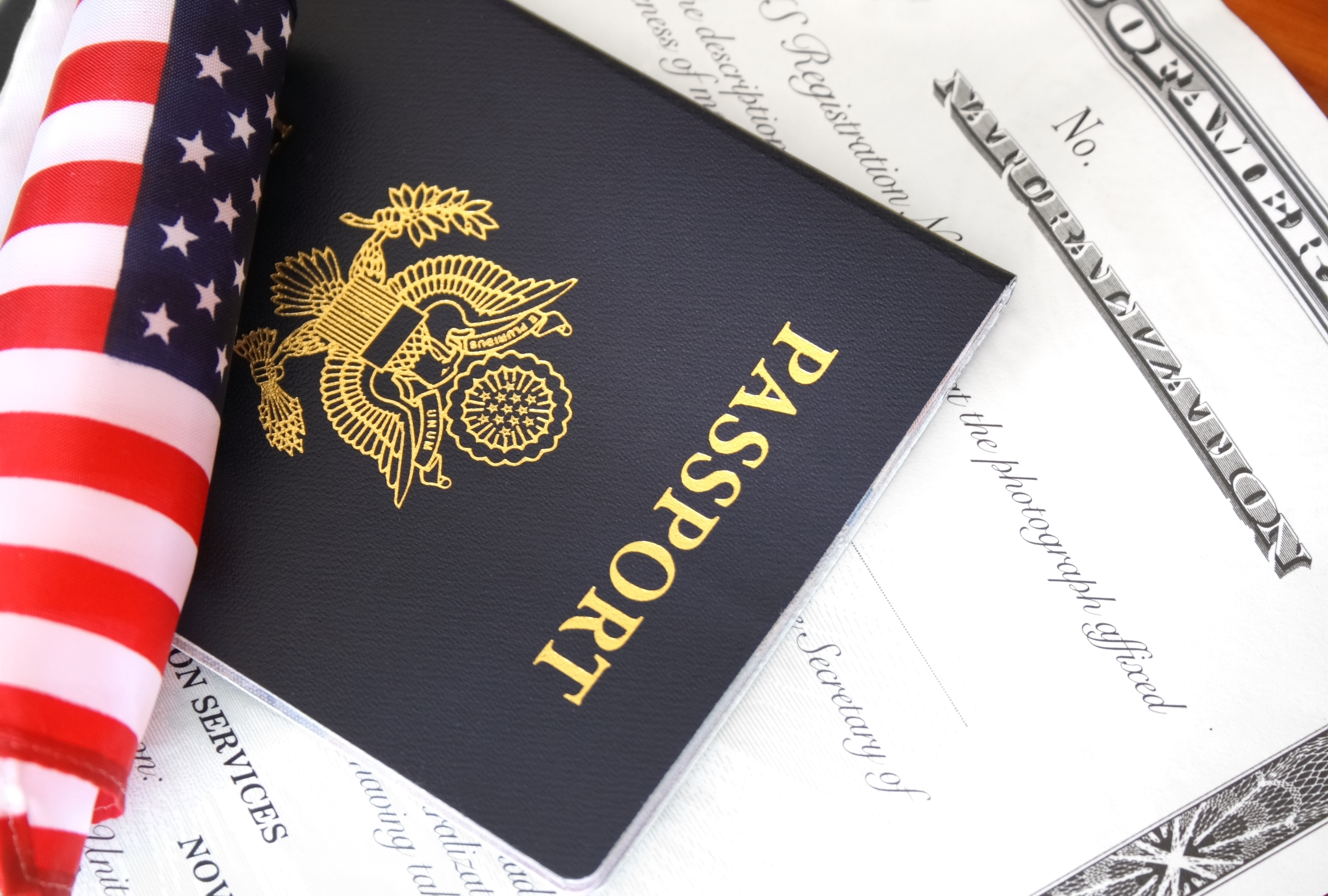Understanding US Naturalized Citizenship
What does it mean to be a naturalized citizen of the USA? It's a question that evokes a sense of belonging, of rights and responsibilities, of becoming part of the American fabric. It's a transformative journey, a legal process through which individuals not born in the United States can acquire full citizenship.
Imagine the possibilities that open up when someone becomes a citizen. They gain the right to vote, a fundamental pillar of democracy. They can apply for certain government jobs, contribute to the nation's public service, and sponsor family members for immigration. The ability to live and work in the US without restrictions becomes a reality.
Becoming a US citizen through naturalization isn't simply about paperwork. It's about embracing the values, the ideals, and the history of the United States. It signifies a commitment to the principles enshrined in the Constitution, a pledge to uphold the laws of the land, and a desire to contribute to the ongoing narrative of the American experience.
The path to naturalization is a carefully defined process. It involves meeting specific eligibility requirements, such as having lawful permanent resident status (a green card) for a certain period, demonstrating good moral character, and passing English and civics tests. It's a journey of learning, preparation, and ultimately, transformation.
Understanding the intricacies of US naturalized citizenship is crucial for anyone considering this significant step. It's essential to grasp the legal requirements, the rights and responsibilities that come with citizenship, and the impact it can have on an individual's life and future. This article delves into the core elements of naturalization, offering a comprehensive overview of this crucial aspect of American immigration.
The concept of naturalized citizenship in the USA is rooted in the Constitution. It provides Congress the power to establish a uniform rule of naturalization. Over time, laws and policies have evolved, reflecting changing societal norms and priorities. Historically, naturalization policies have been intertwined with issues of race, national origin, and political ideologies.
A naturalized citizen holds virtually the same rights and responsibilities as a US-born citizen. This includes the right to vote, hold public office (except for President and Vice President), and receive federal benefits. Responsibilities include obeying the law, paying taxes, and serving on a jury if called.
Three key benefits of US naturalized citizenship are: 1) Voting Rights - The power to participate in shaping the future of the country through elections. 2) Family Sponsorship - The ability to bring close family members to the US. 3) Access to Federal Jobs - Opportunity to contribute to the nation through public service.
The naturalization process generally involves: 1) Determining eligibility, 2) Filing Form N-400, Application for Naturalization, 3) Completing biometrics (fingerprints, photograph), 4) Attending an interview, and 5) Taking the Oath of Allegiance.
Advantages and Disadvantages of US Naturalized Citizenship
| Advantages | Disadvantages |
|---|---|
| Voting rights | Lengthy application process |
| Family sponsorship | Potential application fees |
| Federal job opportunities |
Five best practices for navigating the naturalization process include: 1) Thoroughly reviewing eligibility requirements, 2) Seeking assistance from immigration services organizations, 3) Carefully completing Form N-400, 4) Preparing for the interview and civics test, and 5) Maintaining lawful permanent resident status.
Frequently asked questions about US naturalized citizenship include: 1) How long does the process take?, 2) What are the eligibility requirements?, 3) What is the cost?, 4) How can I prepare for the civics test?, 5) What happens if my application is denied?, 6) Can I lose my naturalized citizenship?, 7) What are the benefits of citizenship?, 8) What are the responsibilities of a citizen?
One tip for the naturalization interview is to dress professionally and answer questions truthfully and clearly. Practice the civics test questions thoroughly. Keep meticulous records of your travels and addresses.
In conclusion, achieving naturalized citizenship in the USA is a significant milestone. It represents the culmination of a journey, a commitment to a new nation, and the embrace of new opportunities. The benefits of citizenship, from voting rights to family sponsorship, are profound. The process requires dedication and preparation, but the rewards are immeasurable. For individuals seeking a life rooted in the values of freedom, opportunity, and democratic participation, US naturalized citizenship offers a powerful pathway to belonging and making a difference in their new home. It's an investment in the future, not just for the individual, but for the continued growth and diversity of the American tapestry. If you are eligible and considering this path, begin by researching the process thoroughly and seek guidance from reputable resources.
Unraveling the mystery john okeefes height
Shoulder pads spandex your guide to womens clothing in the 80s
Unlocking the mystique eye tattoos for the modern man














